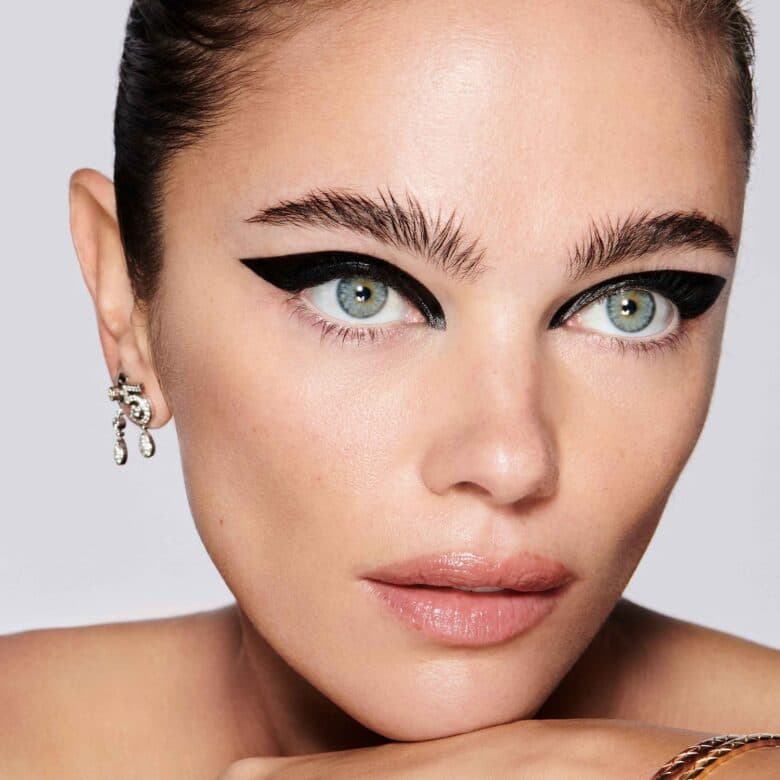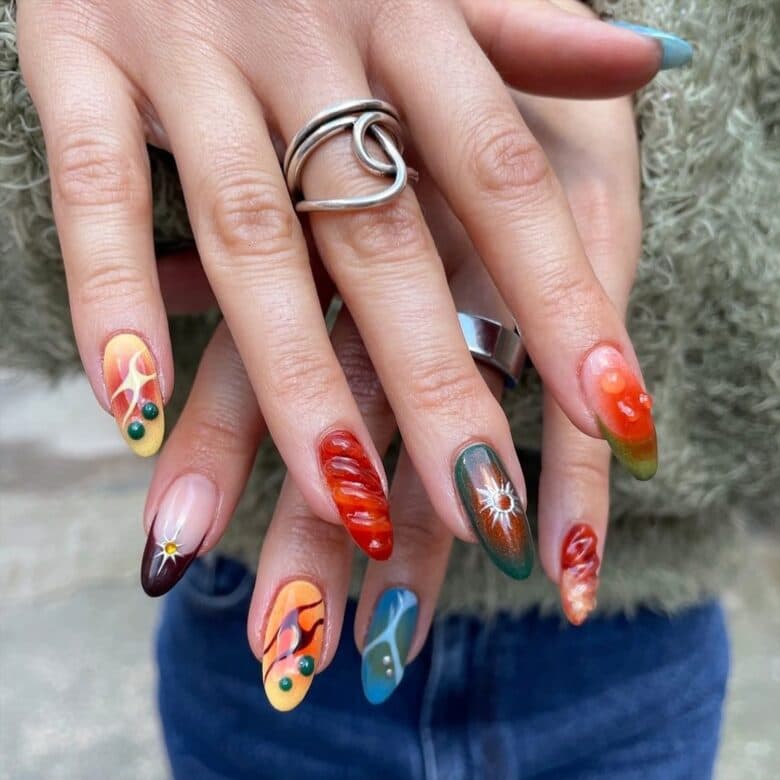Listen Louder: the podcast normalizing mental health
According to statistics, approximately one in four people in the UK experience a mental health problem each year and one in six people report experiencing a common mental health problem in any given week. Sometimes, all people need is a place where they can feel safe and express their feelings, without feeling judged or misunderstood.
Listen Louder is a brand new podcast aimed at helping people by breaking down the stigma and normalizing mental health.”I’ve created a website which is an online hub for blog posts, support contacts and a submission feed for users to share their own stories,” tells me Megan, blogger and mental health advocate.
Get to know Megan a little better as she talks to us about her personal struggles, her future goals and how she hopes people struggling will feel supported and heard.
Tell us a bit about Listen Louder and how the idea came about.
Listen Louder is a platform created to inspire honest conversations about mental health. After sharing my experiences with depression via my blog two years ago, so many reached out to say that they felt a connection with my story. The common denominator in everyone’s response was that they wished there was a place they could feel safe to express their own feelings or feel less alone – and ultimately sparked the idea!
Via multiple channels our hope is to normalize mental health and break down that stigma. I’ve created a website which is an online hub for blog posts, support contacts and a submission feed for users to share their own stories. I’ve also launched a weekly podcast; where I’ll interview guests about their own mental health battles. There’s a lot more to come, too!
What do you hope to achieve with Listen Louder?
I guess what I mentioned above. It’s simply about it being a place for those who need and deserve to be heard. Support and respect for mental health is imperative and not only do I hope that those who struggle will feel supported; but I also want to create a space for those who may need a better understanding to see that mental health doesn’t equal ‘less than’.
You were diagnosed with depression in 2016. How did that affect your life, both professionally and personally?
Hugely. With a full time job as a blogger my entire working day consisted of me being online. I think there’s a distinct difference between sharing the ‘highs and lows’ on social media and sharing depression (and/or mental health). I’ve always tried to be as honest and as open as I can via my platforms – but before I was diagnosed I wasn’t sure how to determine what was going on, let alone articulate how I was feeling to the internet. It got to the point that my physical health was impacted because of it and I decided I needed to take some time out. I put my out of office on and said I wouldn’t be working for the month of January.
Personal life was a little easier to navigate. I sent a text to my loved ones, telling them what I was going through. I explained that I didn’t need them to do anything differently, but I just felt it important for them to not expect too much from me for a while. It was the best way I knew how to communicate it without falling off the face of the earth.
Over the course of my depression I have lost a friend – it can be really difficult to navigate fluctuation in relationships, and I discuss that more in my first episode of the podcast.
Did you have much support? What do you think would have helped you in the past?
My partner, friends and family were all amazing. But in the kindest possible way, they weren’t going to be able to make me better. I was fortunate to have a GP that would listen – but I came up against barriers when it came to therapy. And being in such a fragile state of mind, I immediately bolted at any sign of difficulty – I’m still yet to pursue that avenue for that reason.
What do you think still needs to be done in terms of support?
I actually think normalising mental health is the first step – we can sympathise with a broken leg but not a broken mind, and if that could change we’d be in much better stead to move forward. But ultimately talking won’t be enough, we need more funding for mental health services in the UK – and I’m hopeful that the more we talk about it, the more we’ll educate those within power for the need.
Alongside the podcast, you have created a submission profile where people will be able to share their stories and experiences. What’s you approach to receiving them?
Yes, I was really keen to have a space for people to share and create a community. Any kind of mental health can feel isolating and I think creating that sense of safety and the right to be listened to is key. Via the Listen Louder website there is a form that users can fill in, it gives you the option to submit your stories anonymously or not and whether you’d like them to be shared via the site, social media or not at all. Sometimes, something as seemingly simple as writing your feelings down can be enough to lift a load.
Who would you love to have on the podcast?
It would be a real dream come true to have two of my favourite male advocates for mental health: Stephen Fry and Matt Haig. They are both incredible human beings, paving change for male mental health and I totally admire them and their work.
In terms of the whole Listen Louder project, what are your future goals?
Oh gosh, there’s so much that I want to do!! I have an exciting launch planned for August and then something I’m really looking forward to towards the end of the year too – I don’t want to let the cats out of the bags just yet though!
Any final words?
Just thank you so much for taking the time to interview me. It’s been a long old road to get to this point, and I’m so excited to have it out there now for people to interact and use the platform. If you’d like to get in touch just drop us an email: allears@listenlouder.co.uk
Follow Megan on Instagram here and listen to the podcast on Entale, Apple and Spotify. If you need more support, contact MIND here or the NHS here.

